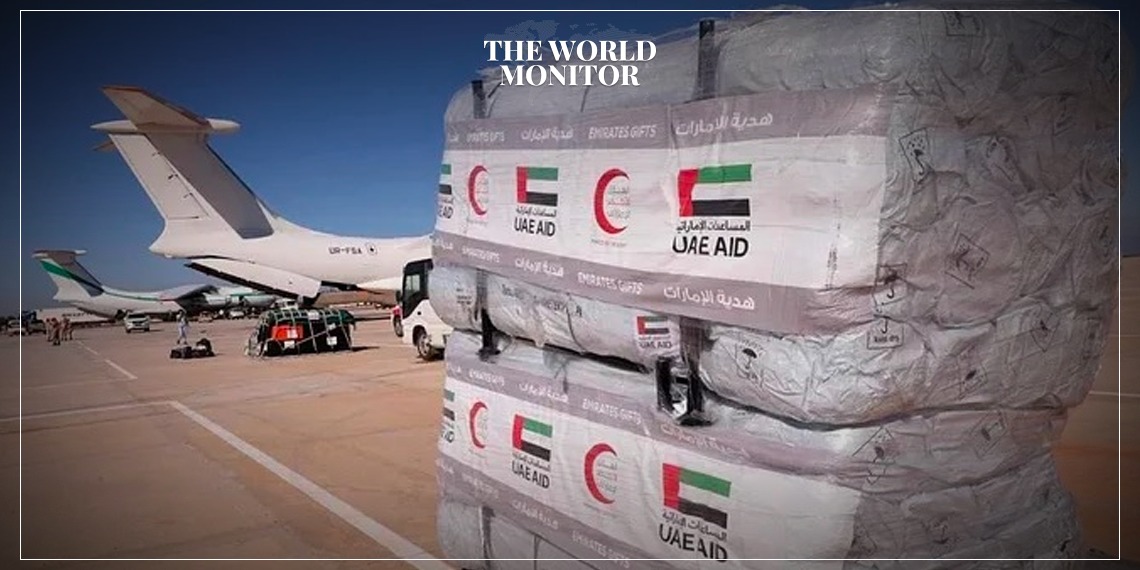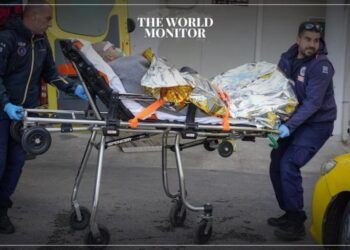The World Food Programme (WFP) and the United Nations High Commissioner for Refugees (UNHCR) have lauded the UAE for its significant contributions to humanitarian efforts globally.
Through its innovative initiatives, the UAE aims to alleviate the suffering of those in dire need, focusing particularly on vulnerable groups such as children and women.
Both agencies, integral parts of the United Nations, acknowledge the UAE’s efforts as a reflection of its leadership’s vision, which is grounded in fostering the values of generosity and international solidarity. They view the UAE’s role in humanitarian support as a model of excellence on the global stage.
On the occasion of World Humanitarian Day, Cindy McCain, Executive Director of the WFP, highlighted the strategic partnership with the UAE in humanitarian operations.
“The UAE is a pivotal partner for the program, providing valuable support that aids us in assisting those in need during crises and ensuring we can fulfil our humanitarian mission and deliver food assistance to affected individuals,” McCain stated.
McCain further noted that the UAE, through its network of partnerships with specialized international organizations, has bolstered the global food system and secured it as a strategic partner directly contributing to support and assistance for the most vulnerable, especially amid food crises and famines.
Additionally, Khaled Khalifa, the UNHCR representative for the Gulf Cooperation Council, praised the UAE’s steady support for those affected by crises.
“World Humanitarian Day arrives at a time when the world is experiencing tragedies, wars, and humanitarian crises that have deprived millions of necessary services for survival,” Khalifa remarked.
Khalifa emphasized the UAE’s comprehensive support, whether financial or in-kind, alongside facilitating strategic partnerships that mirror its steadfast commitment to bolstering humanitarian programs and aid delivery worldwide.
He also highlighted the UAE’s ongoing generous support for refugee-oriented humanitarian programs through the UNHCR, enhancing efforts in providing essential aid and supporting other humanitarian agencies offering vital services such as education, healthcare, and social services to refugees in various regions.
In efforts to enhance civilian protection, humanitarian aid access, and cessation of hostilities in Sudan, UAE’s foreign ministry stated that delegations met with representatives of the Rapid Support Forces.
The delegations emphasized the urgent humanitarian needs of the Sudanese people, the pressing need to respect international humanitarian law, and the responsibilities outlined in the Jeddah Declaration, including protecting civilians and ensuring civil infrastructure like hospitals and schools are respected and vacated for their intended use.
The delegations urged the Rapid Support Forces (RSF) to open areas under their control, especially the Sennar junction, to widen the scope of humanitarian aid access for nearly 12 million Sudanese across multiple states.






